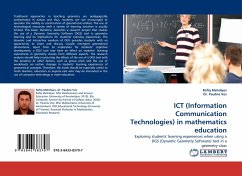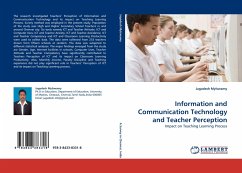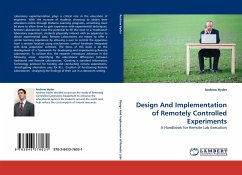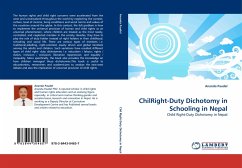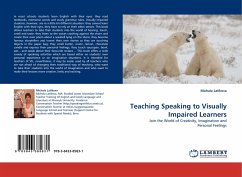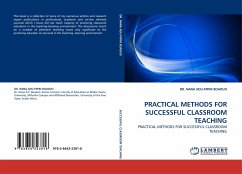Traditional approaches in teaching geometry are pedagogically authoritative in nature and thus, students are not encouraged to question the validity or construction of geometrical entities. The use of technological resources with a variety of learning activities is usually limited. This book, therefore, describes a research project that studies the use of a Dynamic Geometry Software (DGS) tool in geometry learning and its implications for students' learning experiences. The dynamic and interactive medium of DGS provides students with an opportunity to share and discuss visually emergent geometrical phenomena. Apart from its implication for students' cognitive development, a DGS tool may have an effect on students' learning experiences in geometry classes from different aspects. The research analysis should help in picturing the effects of the use of a DGS tool with the presence of other factors, such as group work and the use of worksheets on certain changes in students' learningexperiences of geometrical concepts. Therefore, this book should be especially useful to math teachers, educators or anyone else who may be interested in the use of computer technology in math education.

